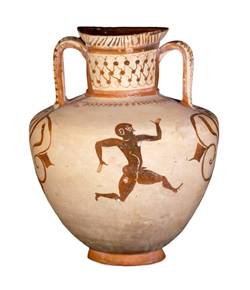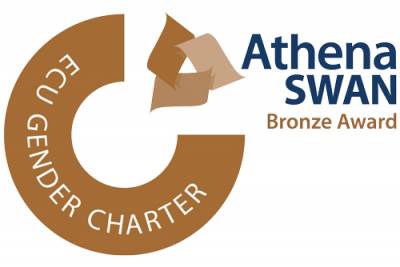BA admissions

Where to go and what to study
There are many excellent institutions at which you can study the Classical world - and they are all very different. Each institution has its own particular atmosphere and teaching style, and offers a particular range of courses. Some will be better suited to your own interests and personality than others, so it is a good idea to find out as much as you can about the institutions and programmes to which you are considering making an application.
On this page, you will find links to some primary sources of information about the study of the Classical world at UCL, such as the Classical World prospectus and the general UCL prospectus, but you will also find some more particular information about the admissions process for our programmes. If you can't find the information you are looking for, or if you have any questions at all, please don't hesitate to contact the Undergraduate Admissions Tutor, Dr Mairead McAuley.
- Watch our Admissions video
About the Department
UCL Greek and Latin is one of the top-rated Classics departments in one of the top-rated universities in the UK, and indeed, in the world. Within the department are specialists in the fields of literature, philosophy, historiography, linguistics and papyrology, and the department's expertise ranges from the earliest beginnings of the Classical world to its influence on the art and thought of the present day.
Our two core BA programmes are
The Ancient World programme requires no previous knowledge of Greek or Latin. The Classics with Study Abroad and Ancient World with a Year Abroad programmes offer students the opportunity to spend their third year (of four) studying their subject abroad.
UCL also offers BA programmes in Ancient History and Ancient History and Egyptology run by the Department of History; and a BA in Classical Archaeology run by the UCL Institute of Archaeology.
The Department is located close to some of the finest resources for the study of the Classical world in Britain: not only does UCL have an excellent classics library, but the British Museum, the British Library, Institute of Classical Studies are only a few minutes' walk away. When you need a break from your studies, the University of London's Student Central and Fitness centre is just round the corner, and for shopping Tottenham Court Road and Oxford Street are in easy walking distance.
About the admissions process
The UCAS form and after
The first stage of the admissions process is the completion and submission of your UCAS form. We will get in touch when your UCAS form arrives to let you know that we have received it. If you have included an email address on your UCAS form, then we will acknowledge receipt of your application with an email to that address.
Processing the forms
On the basis of these UCAS forms, we then decide to whom we would like to make offers. We judge every UCAS form on its own merits, and many factors go into this decision, but an enthusiastic personal statement, a good reference, good predictions and a strong set of exam results are certainly important. Although we try to process decisions as quickly as possible, sometimes we are not able to make immediate decisions. If you haven't heard from us, this means that we are still considering your application. We may have to contact you to request further information, so it really is important to check regularly the email address you supply on your UCAS form.
Open Days
Those who receive offers will be invited to one of our departmental open days. In the academic year 2017-18 the open days will take place on 29 June 2018, 30 June 2018 and 8 September 2018. The open day usually lasts about four hours (1:30 - 5:30 pm) and includes talks from staff and students, lunch, sample lectures, and tours of UCL given by our current students. It is an excellent opportunity to get a feeling for what it would be like to study at UCL, and to ask questions.
Life after UCL
All our programmes are rigorous and broad-ranging degrees which qualify students for a remarkably wide variety of jobs. Career destinations in recent years have included: teaching, law, computing, accountancy, marketing, banking, music (classical and popular - let's not forget Chris Martin and Tim Rice-Oxley were both UCL Classicists!), acting, the media, business, the voluntary sector, local government, politics, and graduate study. The UCL Careers Service provides general guidance to students, and there are also a number of specific talks aimed at those studying the Classical world.
- Visit the UCL Careers website
- Hear what alumni say ...
Visits, Opens Days, Talks
There are a number of UCL open days throughout the year: check the UCL Open-days page for more details. The department also participates in the University of London Taster Courses.
If you are very keen to visit the department or talk to someone about studying the Classical World at UCL, do get in touch with the Admissions Tutor, Dr Mairead McAuley.
All members of the department are happy to give school talks. Feel free to get in touch.
 Close
Close



